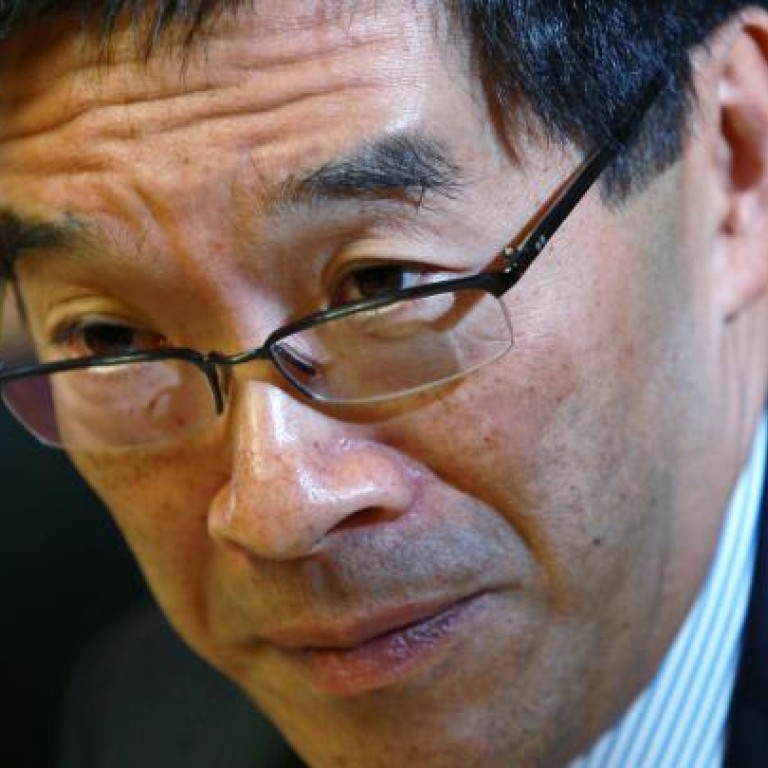
Exclusive: ESF warns school fees may rise from next year
The consequences of phasing out government's HK$284 million subvention may be felt in the next academic year, says foundation chairman
The English Schools Foundation warned yesterday of big fee rises for new pupils as early as September after the government insisted it would phase out its annual HK$284 million subsidy.

ESF chairman Carlson Tong Ka-shing said schools would have to impose two sets of fees when the subsidies were phased out over the next 13 years because the foundation had promised parents of current pupils their fees would be subsidised.
New pupils starting in years one and seven next year may be the first not to benefit from government funding, depending on the timing of a deal, Tong said. He said next year's fees for existing pupils would also be adjusted for inflation.
ESF primary school pupils now pay HK$66,100 a year, while secondary school fees are HK$98,000 up to Year 11, after which they rise to HK$102,000.
The foundation warned last year that fees could rise by at least 20 per cent if it lost its subvention. But Tong said it was too early to finalise the extent of the fee increase.
Despite the uncertain future, Tong said the ESF, which has about 13,000 pupils, would always strive to look after parents' interests and that "possible subvention under a new model was still under discussion".
He said the foundation's provision of special-needs education and Chinese-language classes for non-Chinese pupils were services that should be paid for by the government.
In a policy paper submitted to the Legislative Council, the Education Bureau indicated that it hoped the phasing out of the subvention could begin from the next academic year.
Legislator Ip Kin-yuen, who represents the education sector, asked how the ESF could justify its present level of subsidies given its strong asset portfolio.
According to the 2010/11 audited accounts on the ESF website, it owns property, part of which was valued at HK$2.1 billion in a review last year.
An ESF spokeswoman said that the portfolio was important to the foundation's long-term financial needs and therefore could not be sold off completely.
Christian Mueller, parent of a child at an ESF school, accused the foundation of "bad management" for asking parents to fund future projects while failing to build up appropriate reserves.
Even with the increase in fees, ESF schools will remain far cheaper than some of the city's private international schools, which can charge more than HK$170,000 a year, depending on which form a pupil is in.
